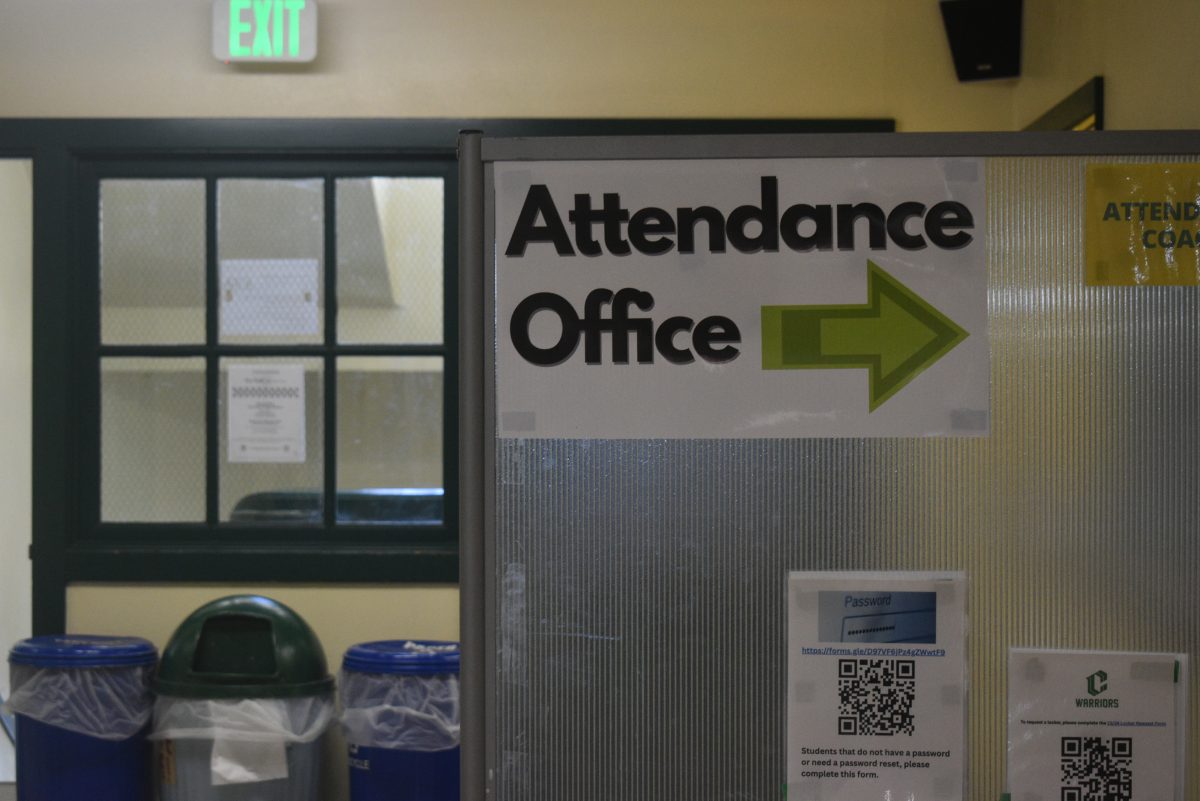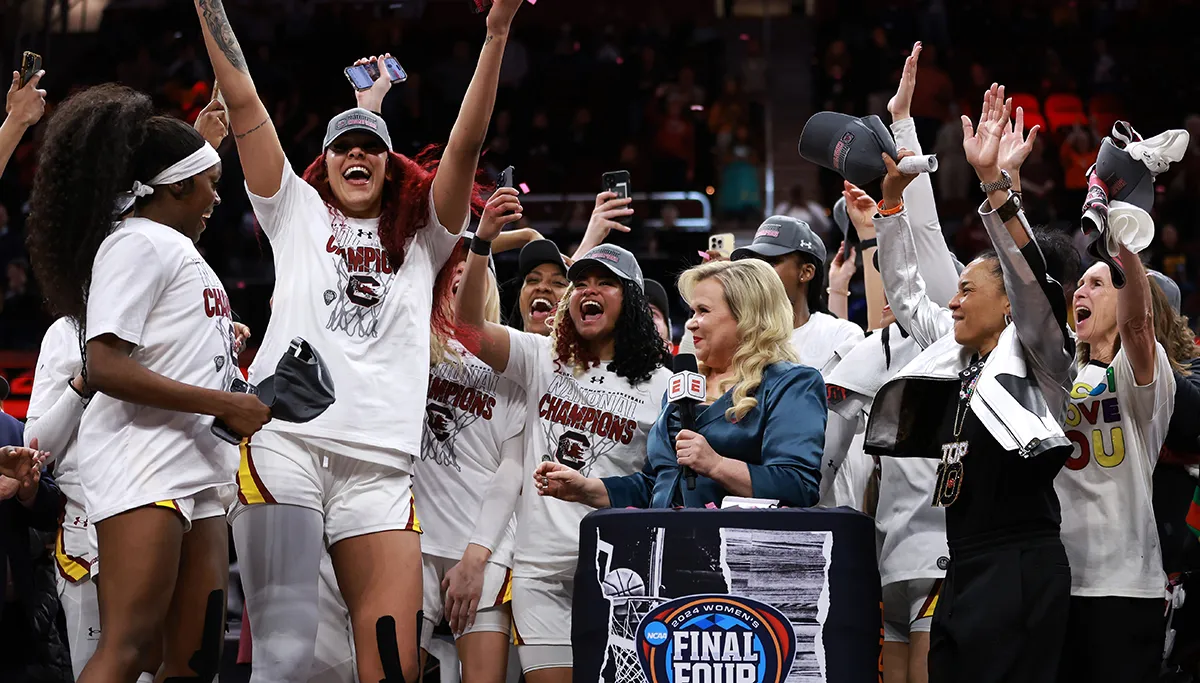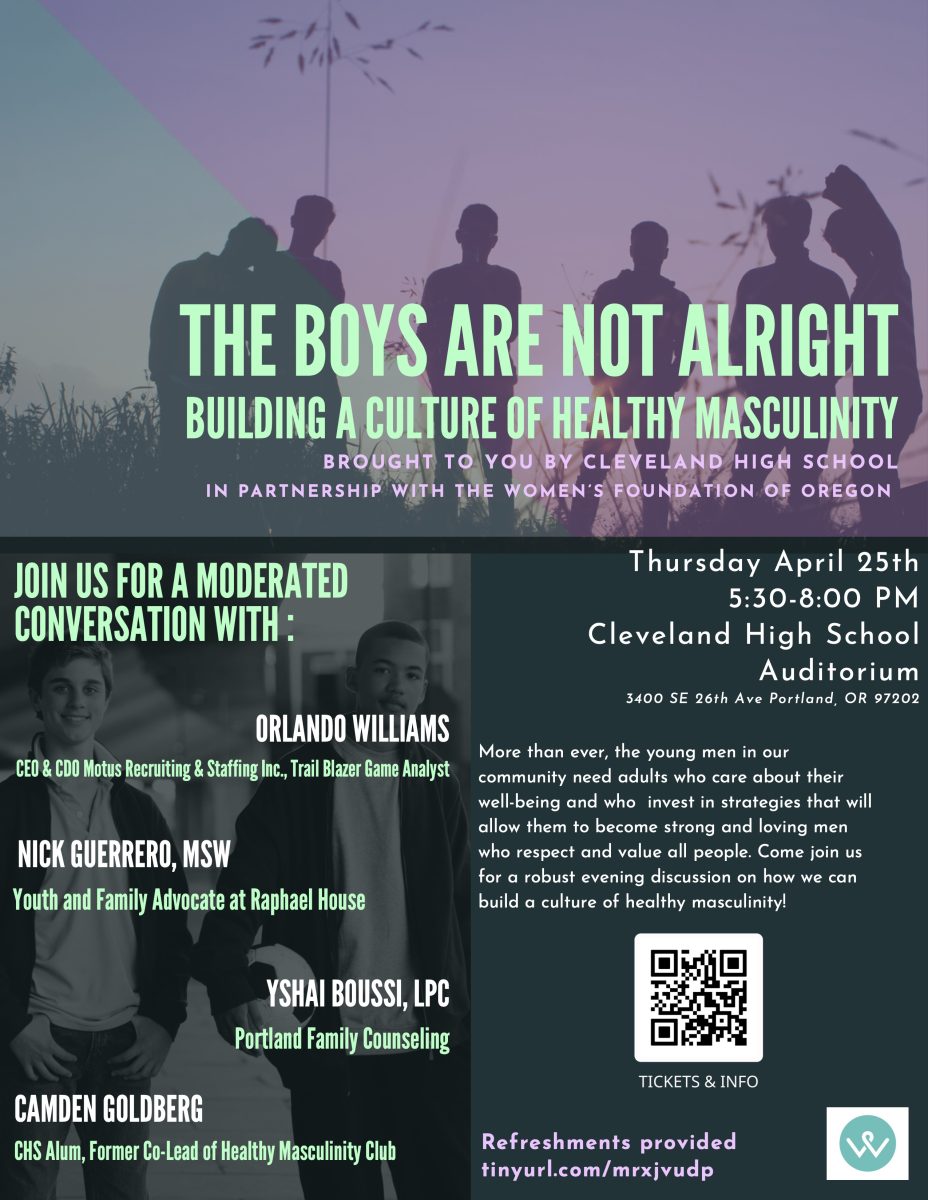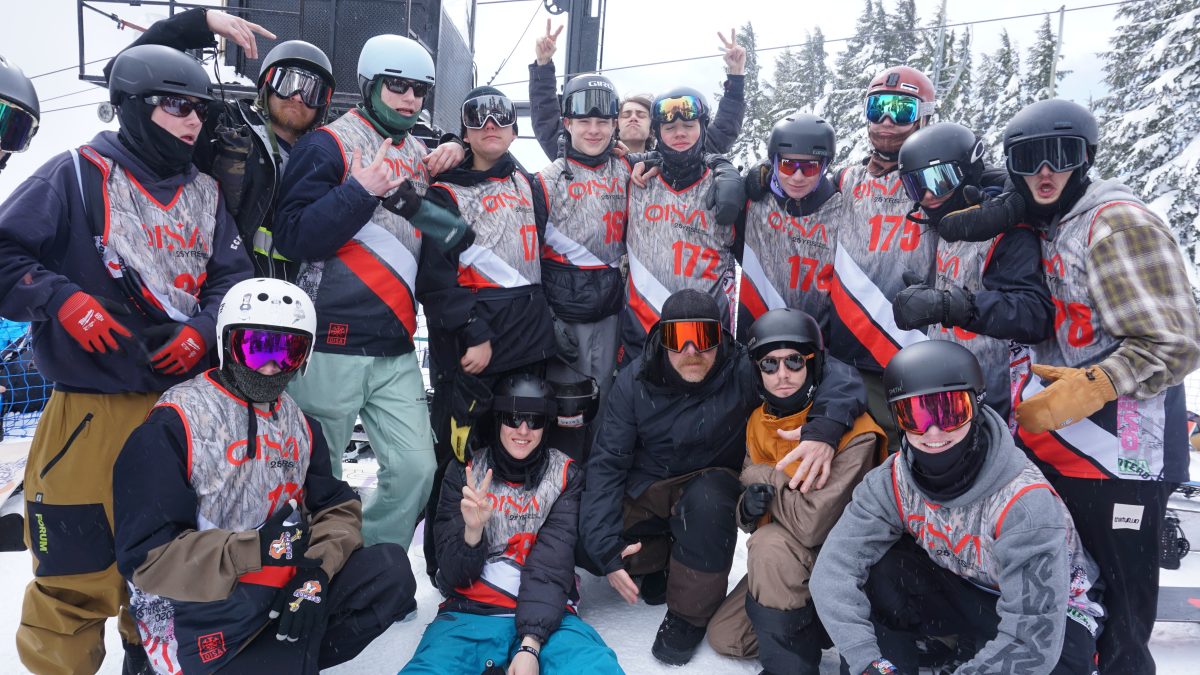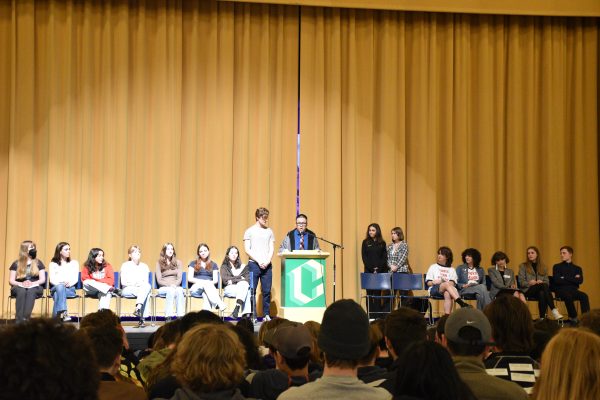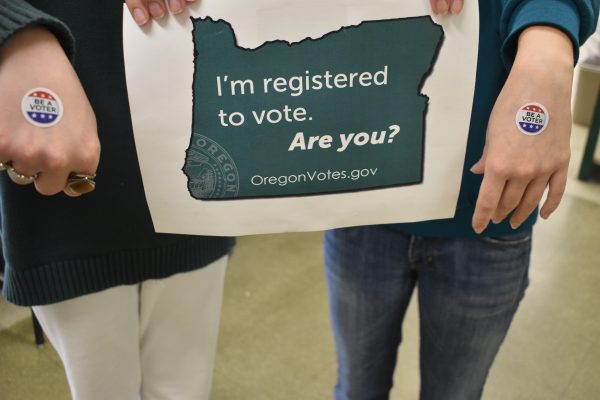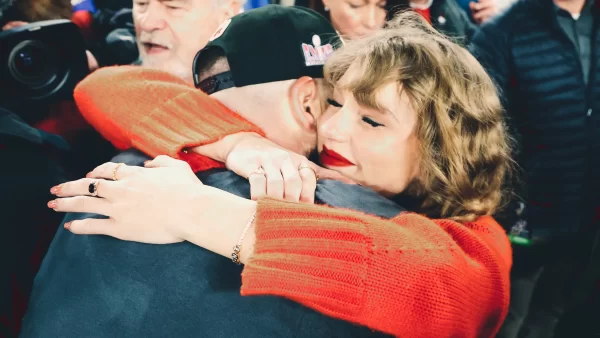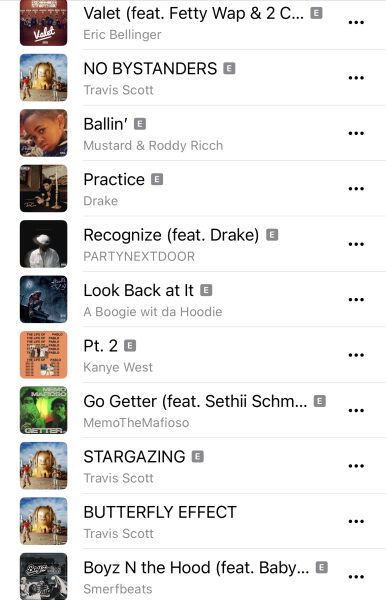Meninists encroaching on feminists
February 27, 2015
When you google “feminism,” the first definition to come up is Wikipedia’s, which states that feminism is “a collection of movements and ideologies that share a common stated aim: to define, establish, and defend equal political, economic, cultural, and social rights for women.” Simple enough, right? However, when you google “meninism,” all that comes up are opinion articles from Buzzfeed, and the meninist Twitter account @MENINIST.
After reading through articles, Twitter feeds, and Urban Dictionary definitions, I’ve come to the conclusion that there are two types of meninists. Meninist group number one believes that men and women are unequal in many ways, and that what is socially acceptable for women is often deemed unacceptable for men (things like crying or not paying for a date, for example). This group also thinks that the stereotypes associated with gender are harmful to men, and that societally-backed hyper-masculinity is as much of a problem as forced femininity. To put it simply, the first group is men who agree with feminist ideas of masculinity and male-oriented gender constructs.
Meninist group number two believes strongly in the preservation of masculine and feminine ideals. Group number two’s beliefs are made abundantly obvious through social media, where they mock the idea of women in power and make fun of men who are emotional.
With jokes like “what’s easier to pick up the heavier it gets?” and punchlines like “women,” it’s no wonder group number two found so many girls to buy their t-shirts with “#meninist” on the front; it’s not as uncommon as you may think. In response to the media attention feminism has gotten recently, women have started movements like the “I don’t need feminism because” campaign. The purpose of this movement is for women to share why they think that feminism is flawed and unnecessary; these women mostly use the reasoning that because they don’t hate men, or think that females are entitled to anything more than anyone else, and that feminism implies that women are inherently weak or incapable of things men are capable of.
One of the issues that these self-proclaimed anti-feminists are failing to see is that there is a bigger picture. Just because an individual woman wasn’t sexually harassed doesn’t mean that it doesn’t happen. Another problem is that these women are hearing radical ideas associated with feminism, and are making assumptions and judgements about the movement without doing further research.
As far as meninism goes within the male community, there is some problem solving to be done. Yes, there are meninists who honestly believe that women are inferior to them and that equal opportunity and pay are overrated, but there are also many that support feminist concepts without knowing it. I believe that part of the reason that these men are so hesitant to accept feminism is because it may not feel as inclusive or open as it is supposed to be.
The word “privilege” has been used a lot lately, and its usage may not be doing what people want it to. Every feminist I’ve ever met–this includes guys, girls, and everything in between–knows that the ultimate privilege belongs to cisgendered, straight, white males. It’s become such a solid representation of privilege in our culture, and whether everyone agrees or not, everyone knows it. I believe that this is part of what makes our society’s young men feel so defensive. Feminism may not feel all-inclusive to them when everyone in the community is making generalizations about them. I think that today’s boys are taking the whole movement personally, which is why we end up with self-proclaimed meninists.
If everyone just called it the gender-equality movement then there wouldn’t be any mysterious curtain to hide behind; everyone would know just how much to avoid you.




